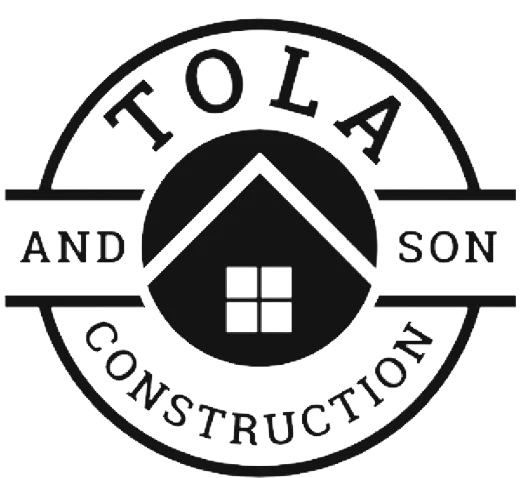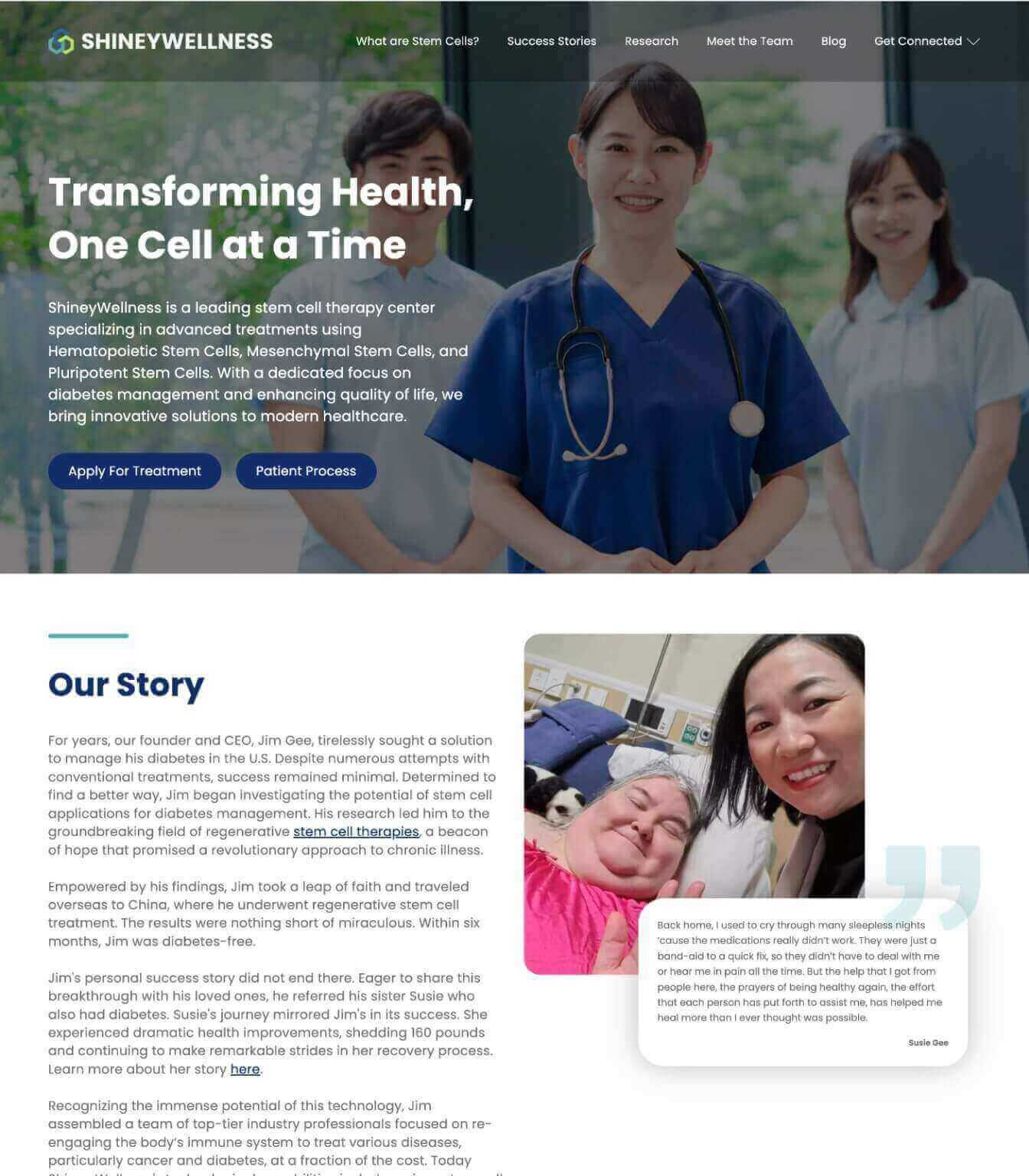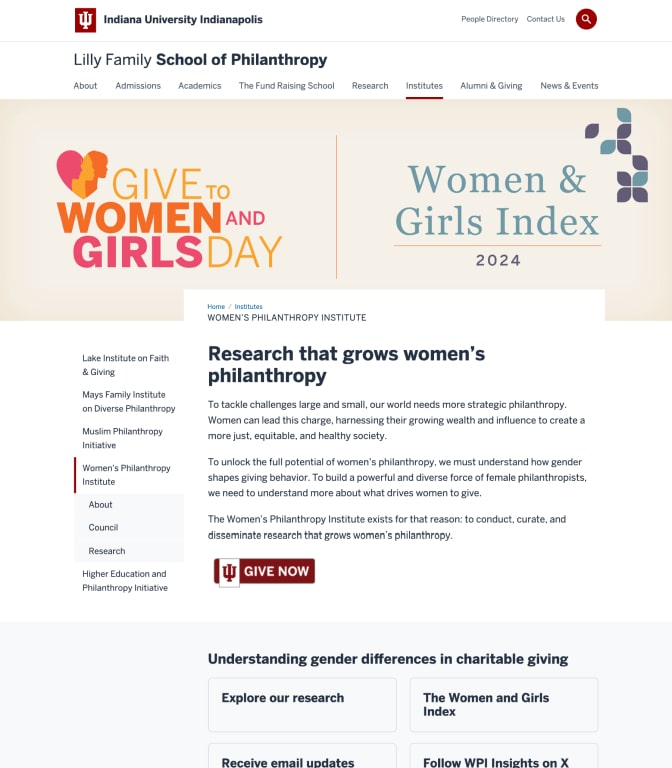With the growth of the popularity of blogging and online writing, brands have created a business strategy that allows them to blog about pressing industry matters and showcase their knowledge to the public. Whether you are a large international eCommerce company or a small independent startup, website conversions are something you should think about regardless of your niche or industry and these content writing tips can get you started.
According to Social Media Today, only 37% of B2B and 38% of B2C brands have a content strategy in place. However, 62% of the most successful B2B and 59% of most successful B2C brands do have a strategy in regards to content writing and the way they attract conversions.
This makes it pivotal for brands such as yours to think about how to approach new leads with content writing in order to create a value proposition strong enough to entice their conversion. With that in mind, let’s take a look at why and how of content writing to boost your websites’ conversions without falling into potential pitfalls of content creation along the way.
Benefits of Publishing Well-Written Content
Before we tackle the “how”, it’s worth pointing to “why” of content writing in both B2B and B2C sectors. Even though a business should always focus on their product or service portfolio and customer servicing, blogging and publishing articles still matters in terms of marketing. As it stands, content writing can bring numerous benefits for your brand, including but not limited to:
- Growth of Industry Authority
No brand or company operates by itself in any given territory, industry or niche. In that regard, content writing can help you establish a competitive spirit in the industry and show your competitors that you are an important part of the global market. This will instill trust and confidence of consumers in your brand, attracting conversions as a result.
- Organic SERP Presence
Search Engine Result Pages (SERP) operate according to global SEO. Since SEO favors original content from trustworthy websites, content writing will help you rank highly in terms of organic search. This will allow your links to show up to potential leads and consumers without relying on paid ads or boosted links.
- Networking Opportunities
B2B networking plays a large part in the global market, especially in the digital services and eCommerce industries. Investing time and resources into content writing will allow other brands to spot your website and service portfolio more easily. Subsequently, more global brands will be interested in collaboration, partnership and mutually-beneficial projects thanks to your content writing activities.
- High Return on Investment
Lastly, it’s no secret that content writing takes time, resources and energy from your marketing department. While you can rely on outsourcing and third-party services or Evernote, the process of content writing can be a wonderful addition to your brand. RankToday provides professional seo services and content writing. Every published post, article or marketing piece will attract new leads and conversions to your company, whether local, global, B2B or through omnichannel marketing.
Content Writing Tips for High Conversion Rates
The most important aspect of content writing is in the title of the process itself – writing content. However, there are many ways to go about it, depending on what topics you want to include in your company’s blog and what kind of audience you want to attract.
Once you find the topics, arguments, opinions and discussions which you will talk about on your blog, you can then proceed to apply the following tips to your writing process and increase your website’s conversion rates as a result.
Short-Form Works Wonders
With the rise of smartphones and portable devices, more and more people tend to read online content through them rather than desktop computers. This poses several important questions for the content writing process, the most obvious one being the length of any published piece of content.
Make sure to limit your content writing to short-form content without delving into deep research, case studies or lists with dozens of multimedia items included. Get to the point as quickly as possible, deliver informative writing and don’t add fluff to your writing just to create a sense of complexity.
Short-form content is a great way to encourage first-time visitors to your website to convert to subscribers, buyers or brand ambassadors. Content that is too long to read through in one sitting and requires several outbound links to be visited in order to be understood won’t help your goal. Take the approachable route and your conversion rates will soar as a result.
Simplified Lingo & Vocabulary
Not everyone who visits your website will be familiar with what you do – and that’s okay. You can act as an educational element in the reading process by including phrase definitions, Wiki links and other outside resources to the reader.
It’s also a good idea to simplify your lingo and vocabulary in order to reach as many readers as possible with your content writing. Using simple vocabulary to explain complex themes and industry terminology will help your brand come off as approachable and customer-centric – both of which are important at raising conversions.
Even industry experts and B2B stakeholders will be able to enjoy this content just as much as B2C prospects without feeling left out. Aim to attract a wide array of demographics to your website in order to raise your conversion rates accordingly.
SEO Remains Essential
We’ve touched on SEO previously and with good reason. Search Engine Optimization (SEO) represents the literal playbook by which websites and companies approach content writing. Elements such as trending keywords, keyword density and multimedia optimization play a large role in the SERP ranking that follows in organic search.
While not a direct part of content writing in itself, SEO optimization is highly important in your content production pipeline. It’s good practice to rely on professional SEO tools in your content writing in order to reach as many potential leads as possible. Your competitors and other brands on the global market will undoubtedly use every tool at their disposal to rank higher thank your brand in search engines such as Google and Yahoo – no reason for you to do otherwise.
You can use SEO both before and after you have written your content, depending on how you want to utilize the system to your benefit. Avoid writing content without rhyme or systematic optimization when it comes to digital publishing.
Proofread, Edit & Format
In terms of technical content writing optimization, grammar and proofreading are at the top of the list of priorities. There is nothing worse than trying to build up brand reputation and awareness only for it to fall apart due to inconsistent writing. In order to amend for that shortcoming, you can refer to several tools and platforms for your content writing convenience:
Not every company has in-house copywriters or content creators available. If you fall into that category, you can use our content team to delegate some of your content writing for a good pace of publishing new posts on your website.
Raw grammatical accuracy and spellchecking make up a large portion of the content editing process. This tool is one of the most popular on the market in terms of error-checking and proofreading, so make sure to check it out.
As we’ve previously mentioned, legibility and speed at which your content can be read will often make or break your conversions. In order to achieve maximum readability, you should rely on this tool in order to streamline your content and make it more approachable.
Lastly, text-editing software isn’t necessary when it comes to content writing and digital publishing. This conglomerate of different tools and services will allow you to create content in a cloud-based environment and easily publish to your website, social media and other communication channels.
Calls to Action Matter
Enticing the reader to take action in terms of what they just read is one of the key components of digital marketing and content writing. As such, calls to action (CTA) should always find their way into your content writing, no matter the topic or occasion.
Calls to action can be placed in different places throughout your content, including the introduction (asking the reader to keep reading) and conclusion (asking the reader to act on new information). Simple CTA such as “Contact us now” or “Try our tips out soon” will do wonders for your conversion rates.
Make sure to always include CTA in order to establish direct communication with your audience by literally asking them to “act” on what they just read. This will help you win over casual readers and first-time visitors, as well as established industry professionals due to your user-centric content writing philosophy.
Content Writing Pitfalls to Avoid
Now that we have a clearer idea of how content writing can be improved through simple tips and guidelines, we should address potential pitfalls. Remember that errors in content writing can be very detrimental to your goals of raising conversion rates, so make sure to avoid them at all cost:
Plagiarism & Content Copying
Original content will always rank higher than copied, repurposed or plagiarized content. In order to make the most out of your website and convert leads, you should focus on original content writing, chasing trends and industry news. Avoid copying content from other sites, outlets and creators in order not to raise red flags with SERP.
Lack of SEO
Content writing without SEO optimization is nothing more than freestyle blogging. Make sure that your content is professional and trustworthy by checking it against popular SEO trends and industry happenings before publishing. This will reinforce your reputation as a brand worth investing time and money into, bringing you even more conversions.
Lack of a Content Strategy
Lastly, content writing should always be a planned, thought-out activity. Ad hoc content writing won’t help you establish a professional brand image, so make sure to always plan your publishing calendar a few weeks in advance. It will allow your writers to focus on creating original content while also having a steady stream of new pieces to publish at any given moment.
In Summary
Approach content writing with a plan of what it is that you want to accomplish for your brand. Conversions, sales and B2B networking can all be achieved with adequate content planning and timely publishing. Refer to the tips and guidelines listed above in your content writing activities and you should be able to produce high quality pieces for your audience going forward.
Bio: Bridgette Hernandez holds a Master’s in digital marketing and is a constant contributor to Translation Client Zone and Is Accurate. She is interested in writing and plans to publish her own book in the nearest future. Bridgette finished her studies last year but is already a true expert when it comes to presenting a text in a creative and understandable manner. The texts she writes are always informative, based on qualitative research and furthermore, pleasant to read.




















